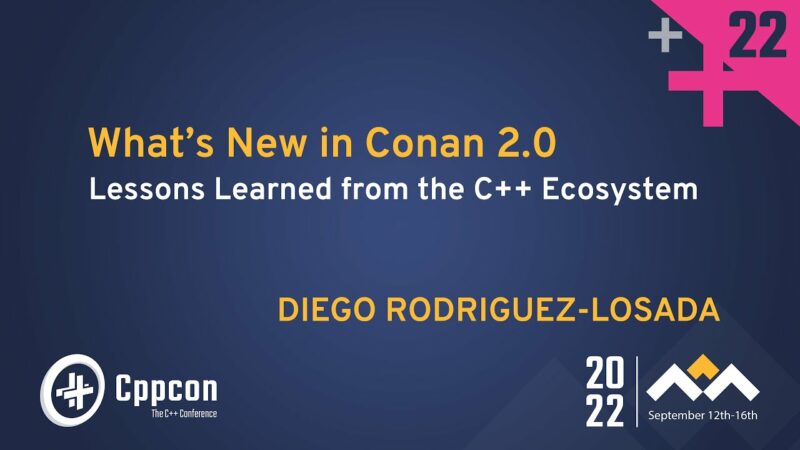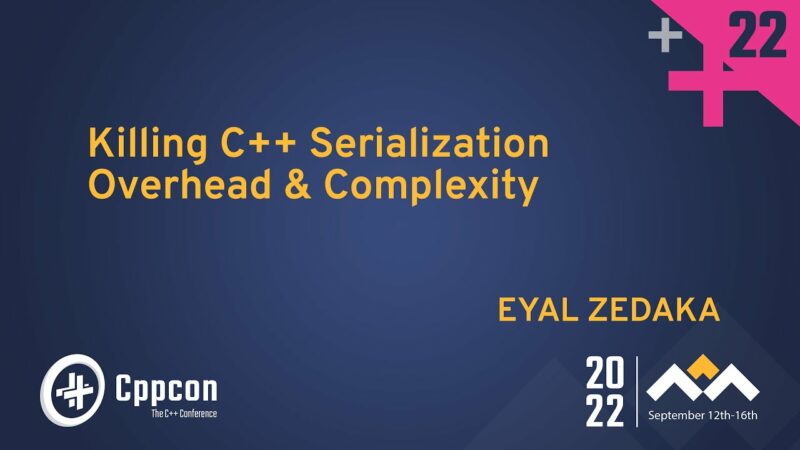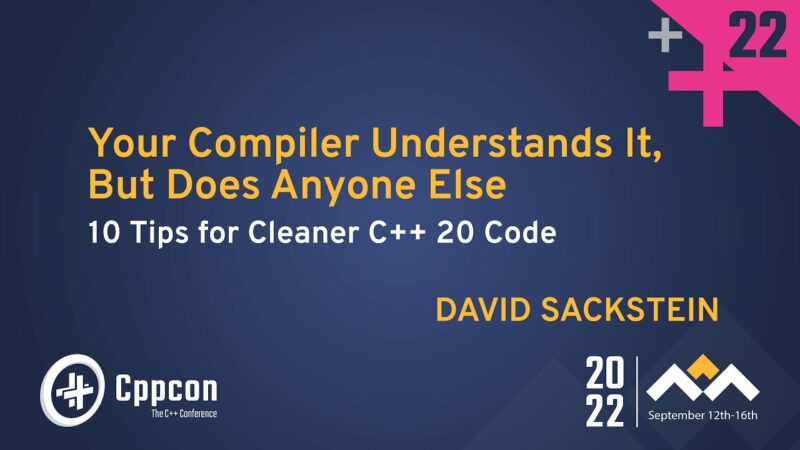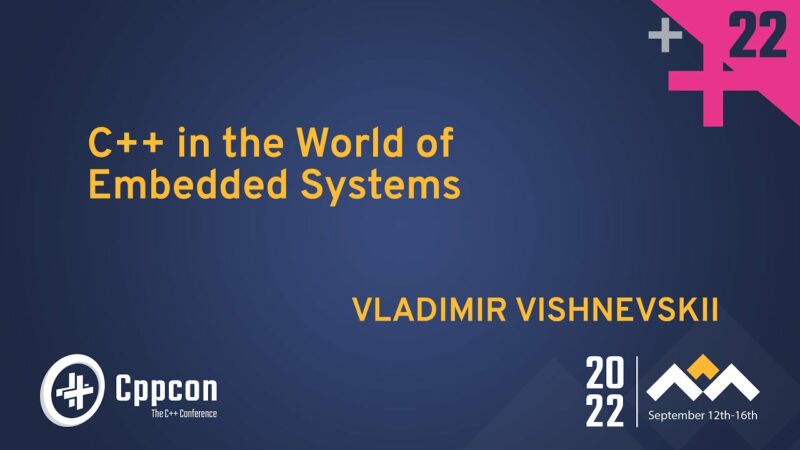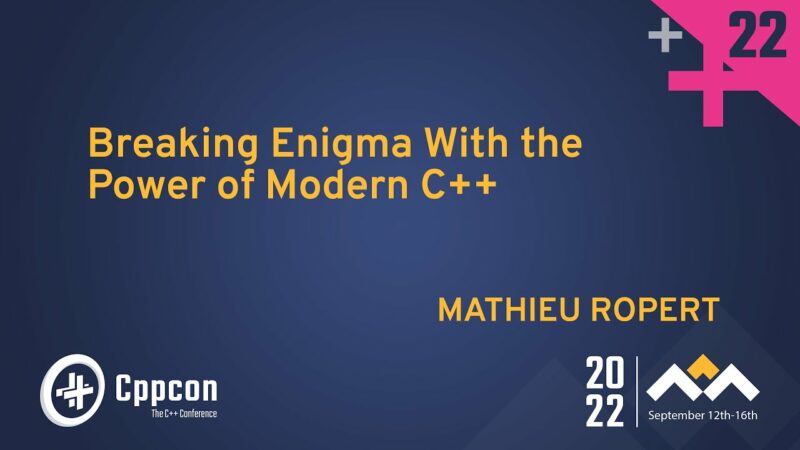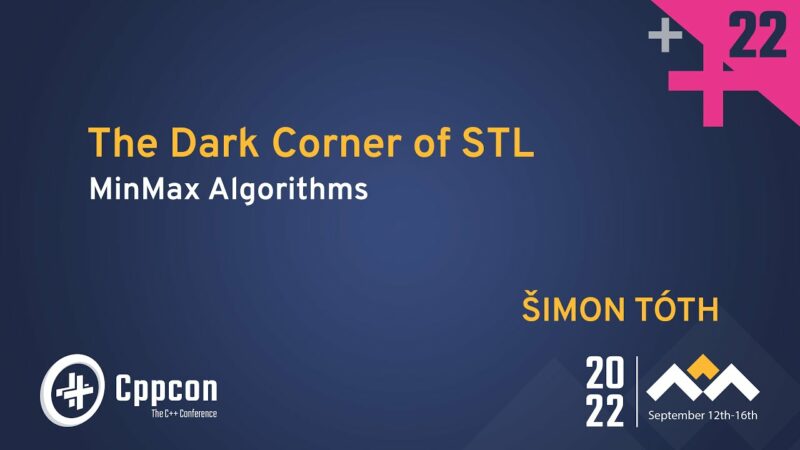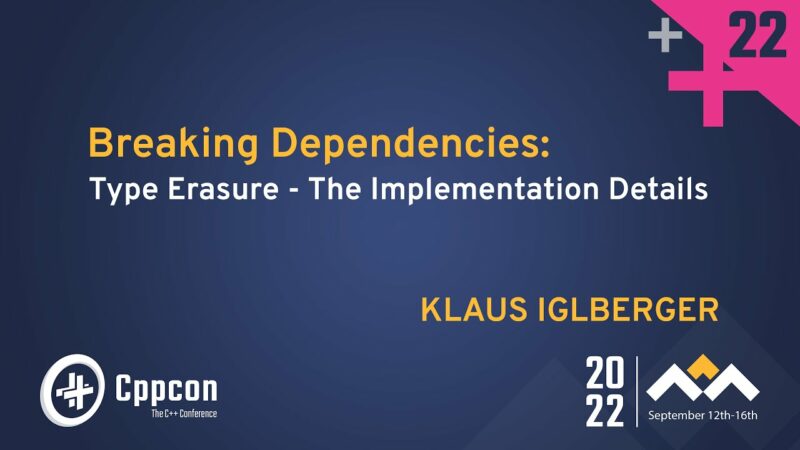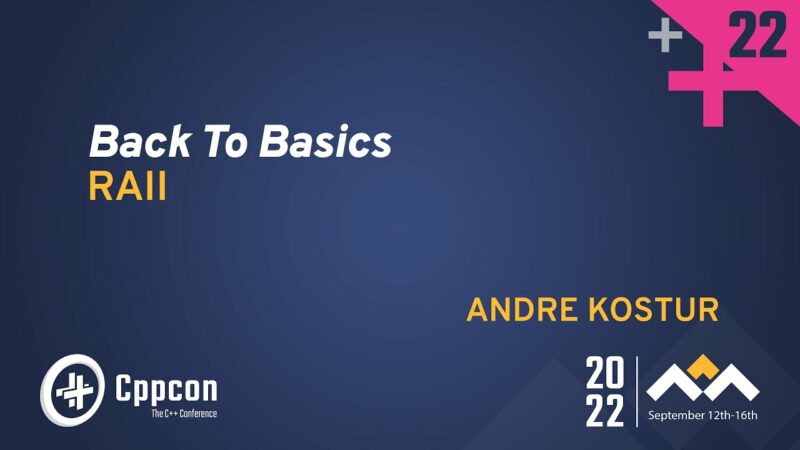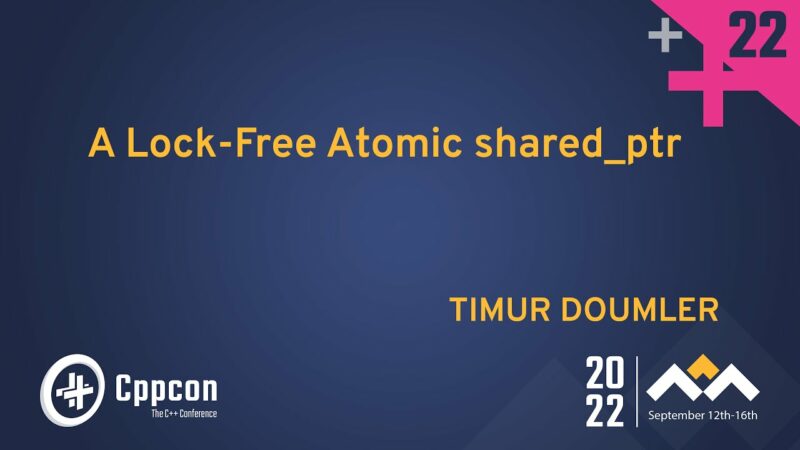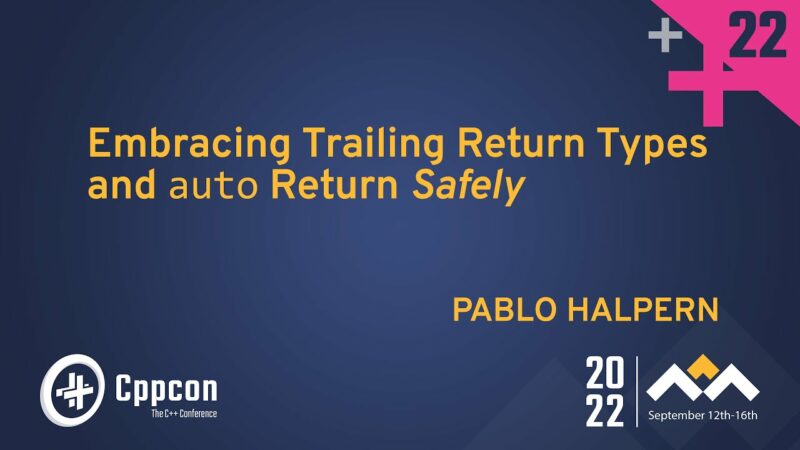https://cppcon.org/
---
What's New in Conan 2.0 C/C++ Package Manager - Diego Rodriguez-Losada - CppCon 2022
https://github.com/CppCon/CppCon2022
During the 4+ years since Conan 1.0 was released, we have continued to learn from the C++ ecosystem as we watched it grow; learning many lessons, challenges and trends in the industry from the feedback from tens of thousands of conversations with users and customers, including many of the largest C++ related companies in the world. This talk summarizes some of these lessons, and how they have been used to create the new major version of Conan.
For example, while many advocate for header-only or always static linkage, the usage of shared libraries and especially shared libraries that link and embed other static libraries is a very common pattern in the industry. Conan 2 implements “requirement traits” that go beyond CMake private/public usage requirements, to allow specifying complex dependency graphs, including bootstrapping, cross-building with tools, private dependencies and much more.
Many teams produce libraries, applications, SDKs or other artifacts that need to be deployed or consumed by other teams with different technologies (like Java, Node, etc) and not using Conan. Conan 2 new “deployers”, which can be user defined, allow easy extraction of artifacts, as well as automation to create Debian packages, Windows installers or any other type of derived artifact.
There are many enterprise, very large C and C++, projects that need to manage binaries (Bills of Materials), not only to reduce build times, but also for traceability, security, industry policies, etc. Creating and managing binaries at scale is still a big challenge. Conan 2 provides much simpler “lockfiles” to allow full reproducibility of the dependency graph, a new custom user defined global binary compatibility mechanism, and a more accurate computation of what package binaries need to be rebuilt when some dependency changes.
Finally, we learned that package management is yet another piece in a larger DevOps, Continuous Integration, automation, and developer experience puzzle, and many users have been building different layers of automation over Conan. So Conan 2 releases a new public Python API (around 65% of users are already using Python for automation of C and C++), and new custom defined modular commands to extend the Conan CLI.
---
Diego Rodriguez-Losada
Diego Rodriguez-Losada‘s passions are robotics and SW engineering and development. He has developed many years in C and C++ in the Industrial, Robotics and AI fields. Diego was also a University (tenure track) professor and robotics researcher for 8 years, till 2012, when he quit academia to try to build a C/C++ dependency manager and co-founded a startup. Diego is a conan.io C/C++ package manager co-creator and maintainer, now working at JFrog as Conan Lead Architect and C/C++ Advocate.
---
Videos Filmed & Edited by Bash Films: http://www.BashFilms.com
YouTube Channel Managed by Digital Medium Ltd https://events.digital-medium.co.uk


